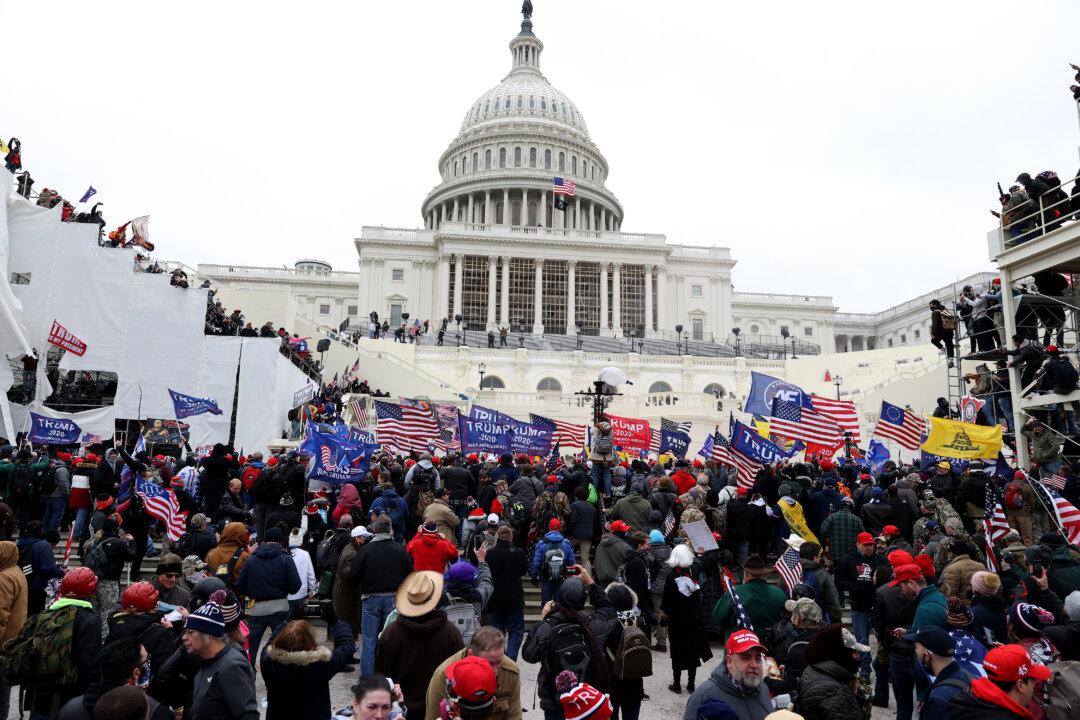Recent inquiries about whether FBI operatives were mixed in among the protesters and intruders who broke into the United States Capitol on Jan. 6 will more likely uncover the presence of FBI informants rather than undercover agents, according to Marc Ruskin, a 27-year FBI veteran and former undercover agent who is also an Epoch Times contributor.
Before he left the bureau in 2012, there were only about 100 undercover FBI agents in the whole country, Ruskin told the Epoch Times. Deployment of each requires a lengthy, “very resource-intensive” operation that needs to be approved on several levels. Even if there was a top-down operation run by the headquarters underway on Jan. 6, it would have been unlikely that any significant number of undercover agents were present, he said.





